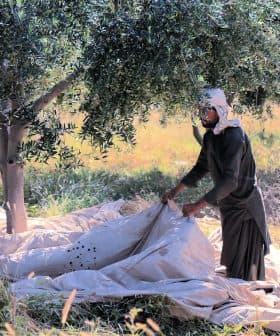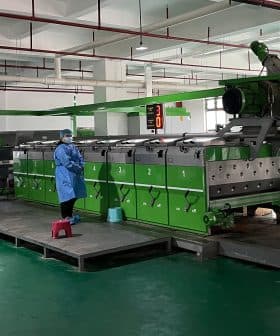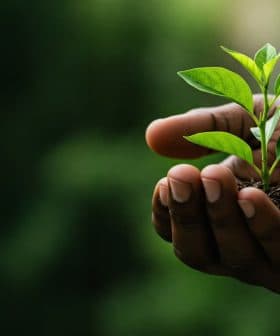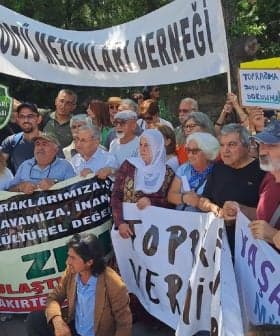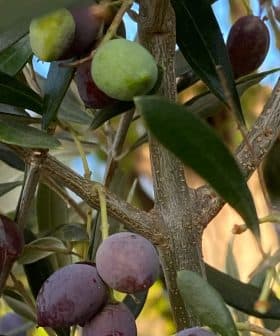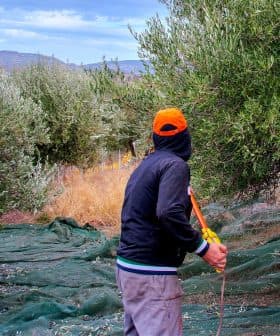Record Heatwave and Drought in Pakistan Threaten Crops and Olive Farming
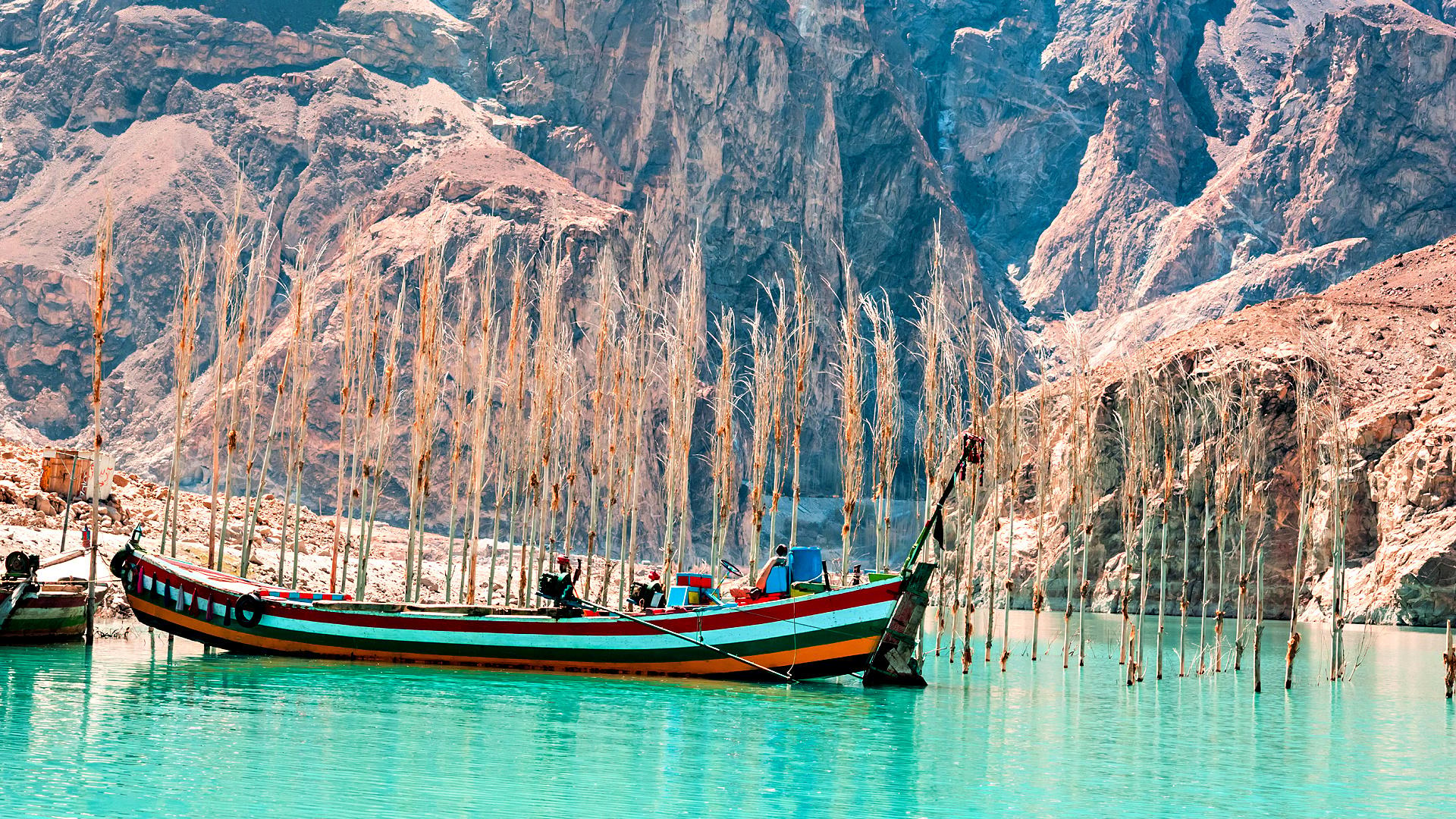
Pakistan is facing a severe heatwave leading to water shortages that are impacting agriculture in the Sindh region, particularly olive groves, cereals, and other crops. The country is also dealing with the effects of melting glaciers in the north, causing flooding and further exacerbating the water crisis in the region.
Pakistan is in the midst of a prolonged heatwave, which has caused severe water shortages impacting the people’s health and agricultural production.
The water shortages are impacting all types of agricultural producers. According to Manzoor Wassan, secretary of agriculture in the Sindh region, they are affecting olive groves, cereals, mangos, peppers, palm orchards and sugarcane.
There is a severe shortage of drinking water in the province and problems in irrigation canals. The economy will face more difficulties if the situation is not addressed.
Along with the pernicious effects of the drought, farmers are also trying to recover from massive flooding caused by melting glaciers in the mountainous north of the country due to the extreme heat.
Sindh is a southern Pakistani region home to several of the nation’s olive growing development projects. Most of those projects focus on irrigated high-density and super-high-density groves.
See Also:Olive Farmers in Pakistan Seek Government Assistance to Scale ProductionThe record-breaking heatwave hitting the country raised temperatures to 45 °C in April and March.
Rising temperatures, in turn, caused a surge in demand for electricity to power fans and air conditioners while also exacerbating the water crisis.
Jacobabad, a city in Sindh, experienced its hottest April in the last 122 years, with temperatures hitting 49 °C.
According to the United Nations News Service, the Pakistani Meteorological Department is warning that the unusual heat levels would accelerate snow and ice melt in the mountainous regions of Gilgit-Baltistan and Khyber Pakhtunkwa, possibly triggering glacial lake floods or flash floods in vulnerable areas.
Wassan warned that water is disappearing from the canals used in Sindh for irrigation. The share of water available for agriculture has now fallen 47 percent and is getting worse by the day.
An even more urgent alarm came from the Sindh information secretary, Sharjeel Memon, who appealed to the federal government for quick intervention.
“There is a severe shortage of drinking water in the province and problems in irrigation canals,” he said. “The economy will face more difficulties if the situation is not addressed.”
According to local officials, the Indus River reservoirs of Guddu, Sukkur and Kotri have seen their levels drop significantly and are now in a range between 40 and 51 percent of the normal level.
The Indus River is the most relevant source for the country’s water distribution infrastructure.
Research recently published by the Pakistan Institute of Development Economics confirmed that the causes of the country’s water scarcity are related to the rapid population growth combined with the growing effects of climate change, which is exacerbating floods and droughts.
According to the study, water scarcity is also due to poor water management in the agricultural sector, old or inefficient infrastructure and widespread water pollution problems.
United Nations data from 2021 cited by the research show that only 36 percent of the population has access to safe drinking water.
The data also show that the country’s irrigation system receives an efficiency rate of less than 39 percent. Of the 143 billion cubic meters available at the canal headworks, only 55 billion arrive in the fields.
The figure is emblematic of the challenges the regional and federal governments have to face to support the country’s agricultural output.
While olive growing in Sindh has just begun to develop, olive farming has been the core of many development projects in other regions of Pakistan in recent years.
Under the Ten Billion Tree Tsunami Project, Pakistan is growing thousands of olive trees and aims soon to reach four million hectares of olive growing surface.
In Sindh, the first olive grove was recently announced, with several development projects being explored. International patterns, including Italy, are among the biggest backers and investors in Pakistan’s fledgling olive sector.
The International Olive Council (IOC) and Pakistani government representatives recently announced that the country is entering the council as its 19th member.
The announcement came as a consequence of the ongoing development of olive infrastructure in the country, including nurseries, laboratories and mills. One of the incentives to join the IOC is the potential to strengthen international cooperation, which has supported the country’s olive initiatives.
“Pakistan feels the need to connect with the council as they are developing their olive sector and their internal olive oil consumption grows,” Abdellatif Ghedira, the IOC’s executive director, recently told Olive Oil Times.



